By Kundu Ronald
In a significant boost to the agricultural sector of Kiryandongo District, local leadership has handed over essential milk value addition equipment to six groups of farmers. These farmers, recently trained in comprehensive cattle management and milk production techniques, are set to transform the dairy industry in the region. The training was facilitated by the African Institute of Technology and Management (AFRITAM) through the Development Response to Displacement Impact Projects (DRDIP) under the Office of the Prime Minister.
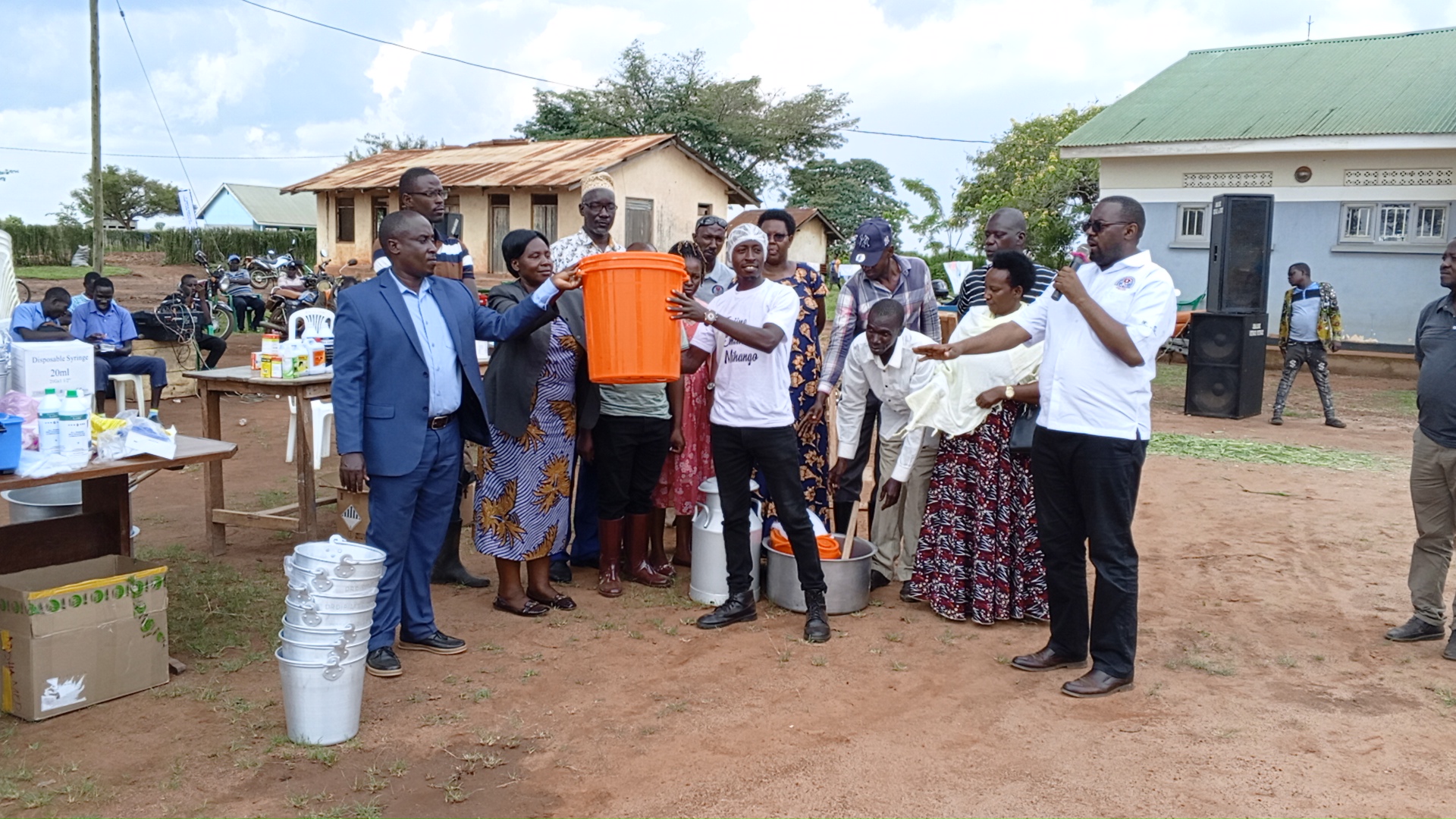
The training program provided by AFRITAM equipped farmers with a wide range of skills necessary for improving milk production. This included value addition in milk production, cattle feeding, growing cattle feeds such as hay, artificial insemination, and management of cattle parasites. The overarching aim was to empower farmers with the knowledge and tools to increase their productivity and sustainability.
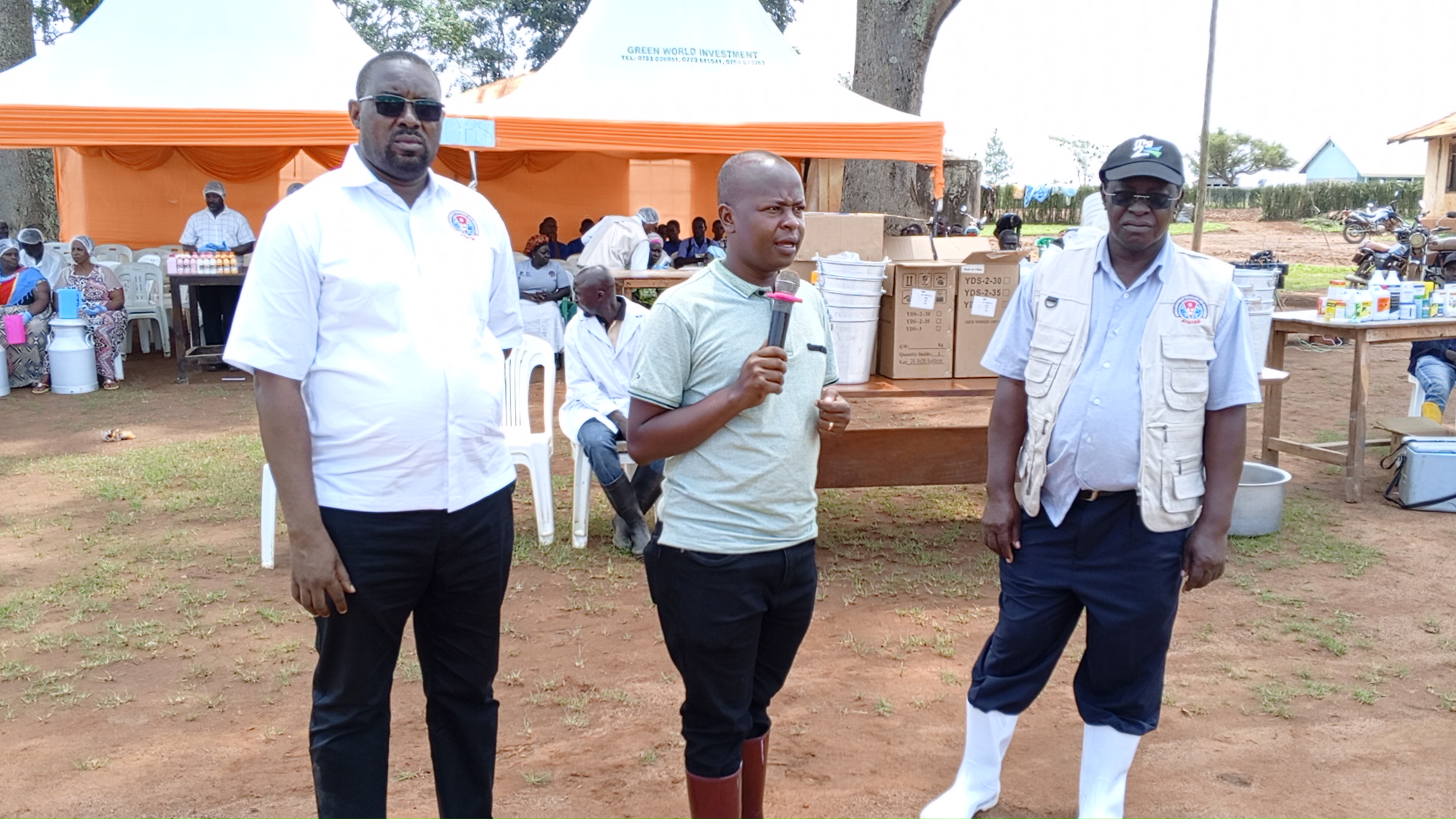
Dr. Bingi Patrick, the Kiryandongo District Veterinary Officer, reported that each of the six farmer groups received 36 Friesian cows. Unfortunately, four cows were lost due to tick-borne diseases and acaricide resistance, leaving each group with 32 cows. Despite these losses, the herds have grown, and farmers now collectively manage 74 cows. However, Dr. Patrick noted that the average milk production remains low at four liters per cow per day due to the animals being kept on free range instead of the recommended zero grazing system. Collectively, these groups produce 49,040 liters of milk annually.
AFRITAM’s comprehensive approach included conducting a needs assessment and providing training on various aspects of dairy farming. This encompassed vector control, animal nutrition (including pasture establishment, preservation, and ration formulation), breeding, and the entire dairy value chain from milk production to handling and transportation.
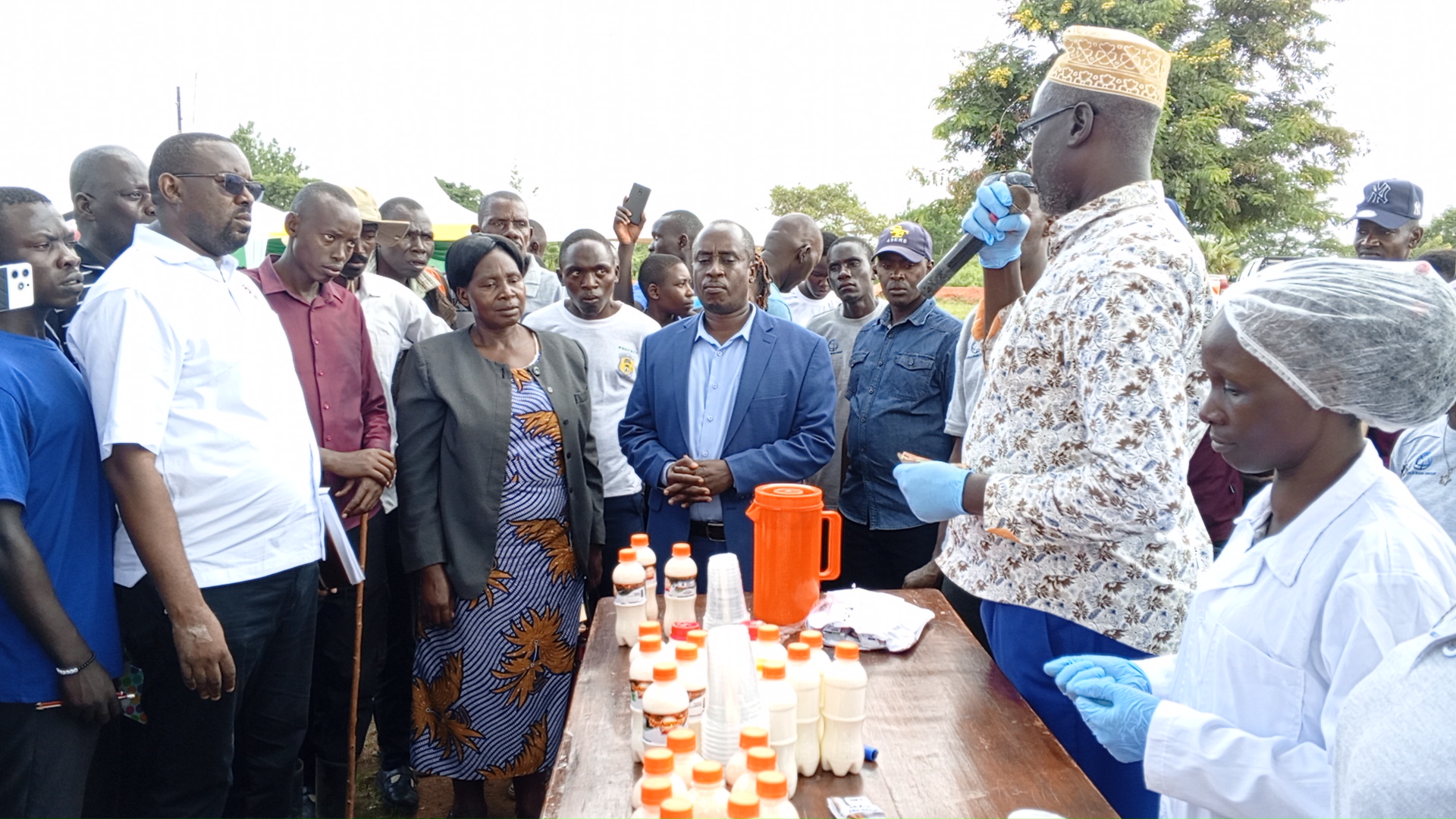
Humphrey Anjoga, the Executive Director of AFRITAM, highlighted the major challenge faced by farmers: ticks. The training sessions focused on educating farmers on proper acaricide mixing for effective vector control. Anjoga emphasized the importance of safe milk handling, noting that previously, farmers used plastic buckets, which posed health risks. “We have provided metallic buckets and essential tools for milk production to ensure safety and quality,” he stated.
Gakumba Sam, the Kiryandongo District Commercial Officer, provided insights into DRDIP’s operations in the district since 2018. The program focuses on three main areas: infrastructure, sustainable environment management, and livelihood support. DRDIP’s comprehensive support includes the construction of roads and health centers, tree planting initiatives, and the development of valley tanks, among other projects.
Edith Aliguma Adyeri, the Kiryandongo District Chairperson, expressed her gratitude to AFRITAM for their invaluable support and training provided to the farmers. She emphasized the positive impact of these initiatives on the local farming community and the overall economy of the district.
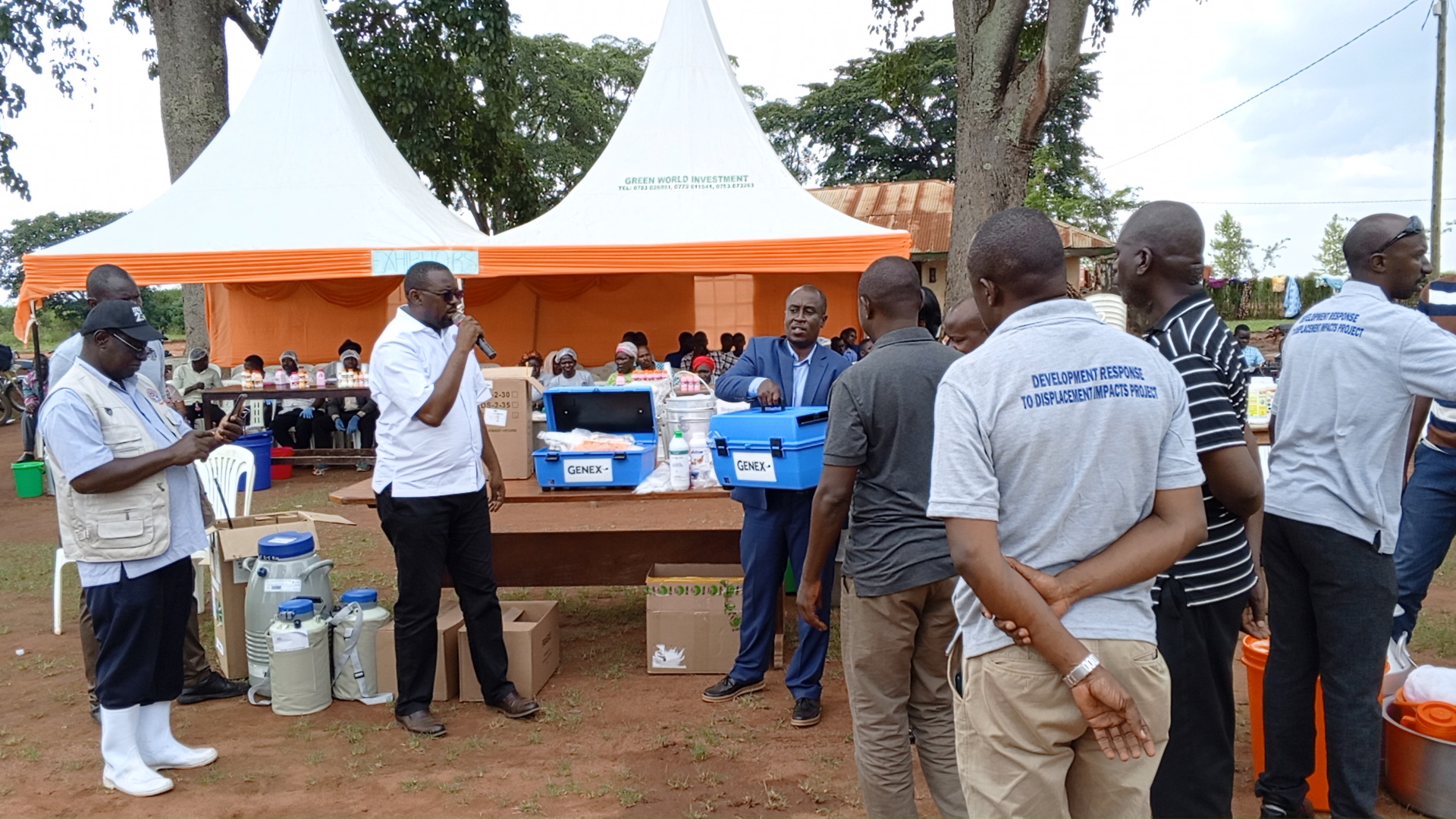
Dan Muganga, the Resident District Commissioner (RDC), reiterated the government’s commitment to promoting value addition initiatives. He praised AFRITAM for aligning with the government’s vision by empowering farmers through targeted training programs. Muganga’s remarks underscored the collaborative efforts between government bodies and organizations like AFRITAM in driving sustainable agricultural development.
The handing over of milk value addition equipment to the Kiryandongo farmers marks a significant milestone in the district’s agricultural development journey. With enhanced skills and better tools, these farmers are well-positioned to improve their productivity, ensure food security, and contribute to the local economy. The collaborative efforts between AFRITAM, DRDIP under the office of the Prime Minister, and the Kiryandongo District leadership exemplify the power of partnerships in fostering sustainable development and uplifting communities.

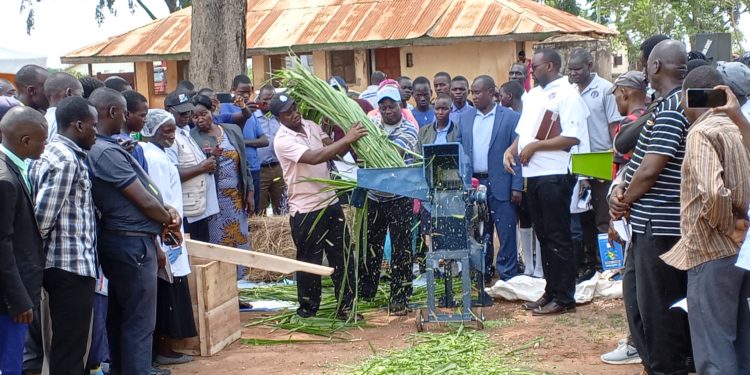
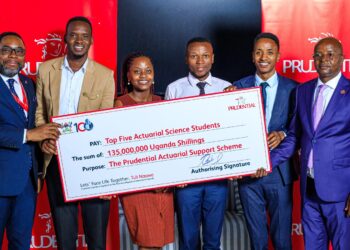
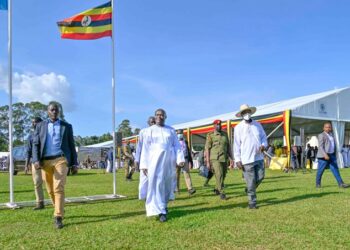



Discussion about this post